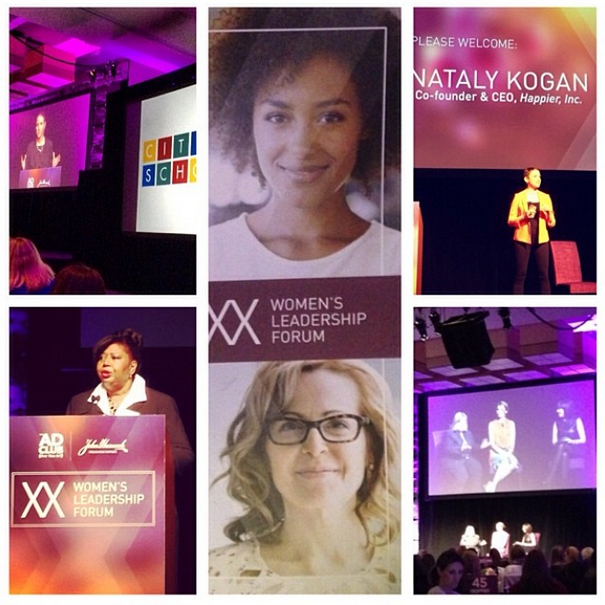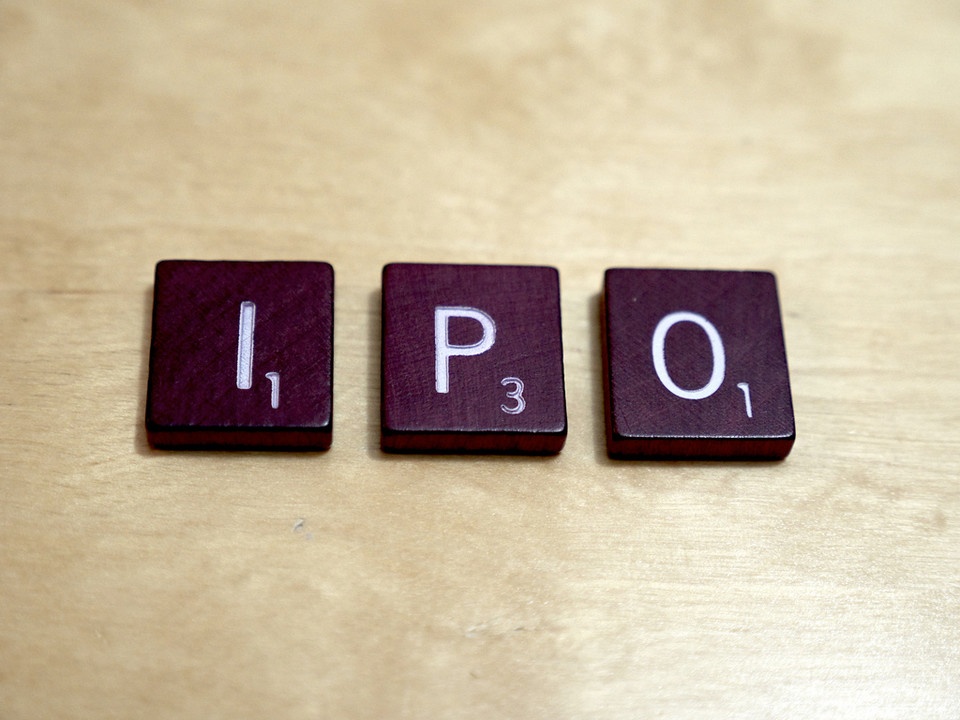TOP TALK
Are You a Good Listener?

Posted By Kathy Wilson on March 20, 2014
Have you noticed how the concept of “storytelling” has become the new black in marketing and PR? Everyone, wants to be a storyteller, to capture people's attention and be memorable. Yet we at Tier One have absorbed a counter-intuitive lesson over the years: successful storytelling depends just as much on how well you listen as how well you can talk. (Maybe more, actually.) If anything, this precept has proven truer in the era of social media and content strategy.
Listening requires patience. Think about how you'd behave at a cocktail party or networking event. Say you've got a juicy story all teed up in your mind, and one (or several) people you'd like to impress, standing right in front of you. Would you blurt your story out at the first conversational lull, regardless of what the current topic at hand is? Hardly. To engage your listeners and make the most of your tale, you have to listen first, then jump in at the exact-right moment.
Here are 3 ways we build listening into our public relations strategy – and why listening matters more than most people give it credit.
Know the conversations you want to enter.
We start every new client engagement with a Listening Workshop where we listen to the client to help us better understand their business, their strengths and weaknesses, their brand voice, and the various conversations they'd want to chime in on. Yes, we mean “various” – every company's story is relevant to multiple broader conversations. Then we turn our ears to the marketplace and listen to the relevant conversations taking place there and by whom.
For instance, we used smart listening with Virgin HealthMiles (now Virgin Pulse) to build thought leadership around the topic of healthcare reform. Virgin Pulse rewards employees for healthy behaviors like exercise, losing weight and lowering cholesterol levels, improving employees' health while bending the steep cost-curve of corporate health insurance. By listening carefully to the media conversation on Obamacare, we found opportunities to introduce Virgin Pulse's role in keeping people out of the healthcare system before they get sick.
Identify key influencers in the conversation(s) you want to join, and start listening in. Then treat your interactions like a cocktail-party conversation: can you offer a helpful tidbit or a useful follow-on to a recent tweet? Do so promptly, with no strings attached, and you'll earn the right to speak up when the conversation bends in your direction.
Prepare your story, but inflect it based on what you hear.
You know your corporate story by heart – but can you riff on it based on the larger cultural conversation? Tier One client Fluent specializes in marketing to college millennial consumers (CMCs), a group whose opinion is highly coveted in practically every industry category. Fluent can survey its 16,000 student network in record time, getting a near-immediate pulse on millennial habits in response to media questions and trending topics. It's the perfect way to bolster Fluent's role as intelligence-gathers on CMCs on behalf of major brands.
Choose your moments wisely.
Following the nuances of a conversation can be key – particularly when the subject is sensitive. Our client Everbridge powers an emergency notification system used chiefly by municipalities to communicate rapidly when they need to. By definition Everbridge's product is most used during crises, among them the Boston Marathon bombing last year.
We've blogged before about how companies should communicate in times of crisis. Listening is crucial during unfolding crises: it helps you recognize what questions are truly pressing, how you can be useful or reassuring (instead of just adding to the noise), and answer direct reporter queries that advance the public's understanding of a crisis and its aftermath. Everbridge kept its head down during the crisis, supporting the companies and municipalities it serves to keep communications streamlined and efficient. Only when a Boston Globe reporter tweeted a specific request for companies who'd been involved in events surrounding the bombing did Everbridge speak up. That's a form of intelligent communication born of careful listening.
Listening demands patience, but there's truly no substitute. In an era where anyone can play publisher, listening separates the noise-makers from those who produce the most salient signal. To qualify as the latter, you need only open your ears.

Kathy Wilson
Kathy Wilson is a Co-founder and Managing Partner at Tier One, where she leads the agency's Boston office and serves as a strategic client counselor. She taps her three decades of experience in B2B and B2C technology, digital healthcare, and financial services — including work counseling major brands like SAP, Citrix, Ultimate Software, GHX, and Ally Financial — to help clients meet critical business and marketing objectives. Kathy is a die-hard Red Sox fan and loves nothing better than a summer day at Fenway Park.


